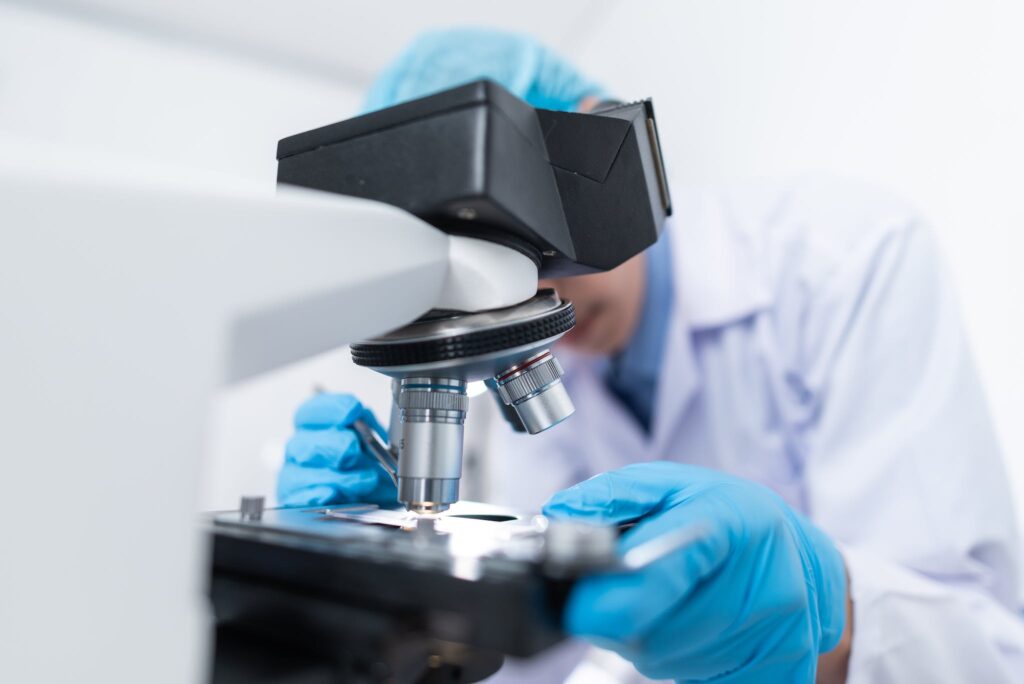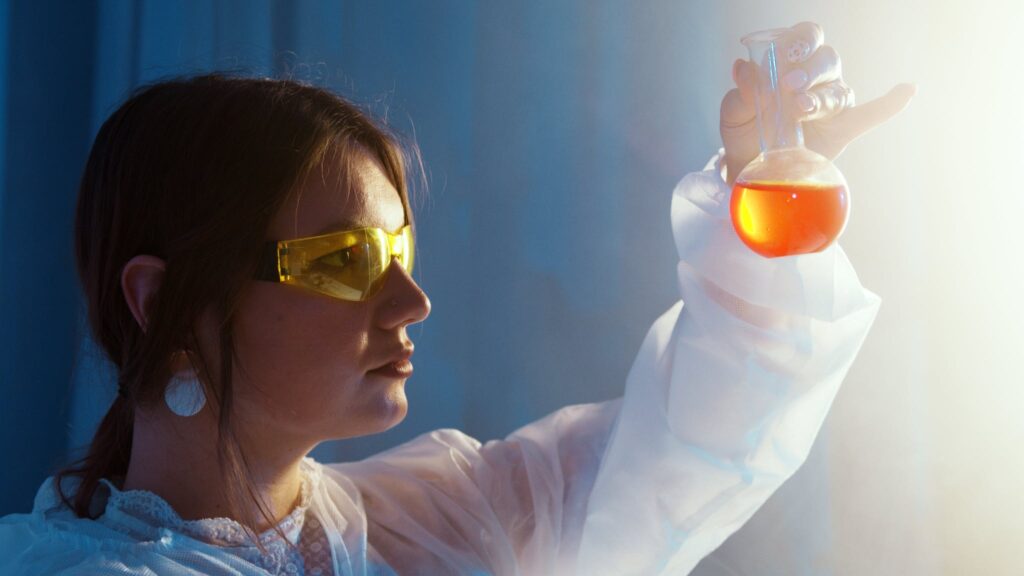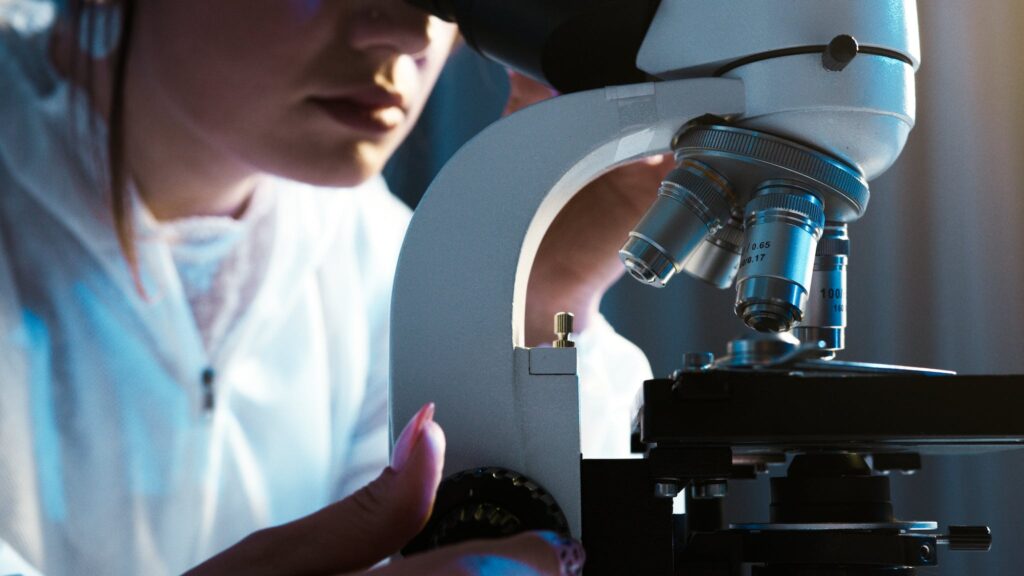Clinical Sciences: Taking A Closer Look
Clinical Sciences anchor the multifaceted role of a clinical psychologist, emphasizing a scientific approach in tasks like psychotherapy, assessments, research, teaching, mentoring, consulting, and program evaluation. It underscores the importance of evidence-based practices in guiding diverse aspects of the profession.
What are the things we need to know more about Clinical Sciences? This article will attempt to give a deep dive into the different branches of Clinical Sciences so you will be guided in your journey.
What is Clinical Science?

Let’s continue to dive in and learn more about what clinical science is all about, shall we? Clinical sciences seek to enhance the effectiveness and precision of psychological interventions by intertwining empirical research with therapeutic practices. This approach not only fosters a deeper understanding of human behavior but also ensures that therapeutic methods are rooted in validated evidence.
In essence, clinical science forms the bedrock for psychologists to navigate the complexities of mental health, fostering a dynamic and evolving field of study and practice.
Before we dig deeper about what clinical science is, let’s talk about some factors worth taking note about this subject:
- Clinical sciences serve as a crucial safeguard in mental health care, utilizing rigorous research methodology to test and validate diagnostic and treatment techniques.
- The self-correcting nature of science, through continuous study and hypothesis testing, contributes to an evolving understanding of mental illness, promoting improvement in assessment and intervention strategies.
- While patient preferences, clinical intuition, and creativity remain essential, a clinical science approach prevents reliance solely on intuition, as history has shown that assumptions about effectiveness without empirical validation can lead to ineffective or even harmful interventions.

Major Branches of Clinical Sciences
Clinical sciences are an integral component of healthcare sciences in the UK, encompassing the evaluation, development, and implementation of innovative diagnostic and treatment methods. The National School of Healthcare Science (NSHCS) categorizes clinical science into four specific areas, each containing a multitude of specialized professions and further sub specializations.
- Life Sciences
This involves the study of living organisms at the molecular, cellular, and organismal levels, contributing to advancements in fields such as genetics, microbiology, and pathology. - Physical Sciences and Biomedical Engineering
This branch focuses on the application of physical sciences and engineering principles to develop medical technologies and devices, playing a crucial role in medical imaging, instrumentation, and prosthetics. - Physiological Sciences
Physiological Sciences is about understanding the functions and mechanisms of the human body, covering areas like cardiology, neurophysiology, and respiratory physiology to improve diagnostics and treatment strategies. - Bioinformatics
This area utilizes computational techniques to analyze biological data, enhancing our understanding of diseases, drug interactions, and personalized medicine through the integration of biological and information sciences.

Clinical Sciences vs. Medical Sciences
Clinical science and medical science are two closely related fields that share a foundation in understanding the intricacies of the human body. Don’t get confused, while both involve the study of biology, anatomy, and physiology, they differ in their primary focus and methodologies.
Differences between Clinical Science and Medical Science:
- Scope of Study
Clinical Science: Primarily concentrates on evaluating and investigating medical treatments, principles, and methods through controlled studies in laboratory settings. Involves testing, analyzing cells, blood, and bodily fluids to assess the effectiveness of medical interventions.
Medical Science: Encompasses a broader spectrum, covering various subjects such as anatomy, physiology, pathology, biochemistry, microbiology, molecular biology, and genetics. Aims to explain the normal functioning of the human body and understand diseases at both the cellular and systemic levels.
- Application and Focus
Clinical Science: Directly applies its findings to improve patient care, focusing on the practical implementation of medical knowledge. Involves translating laboratory research into real-world applications to enhance medical treatments and procedures.
Medical Science: Emphasizes building a foundational understanding of how the human body works in health and disease. Provides the basis for diagnosing diseases and lays the groundwork for medical practitioners and researchers to develop new treatments and interventions.
- Approach to Disease
Clinical Science: Often concerned with specific symptoms and the practical aspects of patient care. Utilizes a holistic approach to understanding how diseases manifest and tailoring interventions to individual patients.
Medical Science: Involves a more detailed study of diseases as separate entities, with a focus on diagnosis and a comprehensive vocabulary to describe various disease states. Prioritizes understanding the prognosis and likely outcomes following treatment, contributing to evidence-based medical practices.

Educational Opportunities in the Field of Clinical Sciences
Planning to explore educational opportunities in clinical science? Let’s see what’s out there!
Clinical science opens doors to a diverse array of educational opportunities. Whether pursuing an associate’s or bachelor’s degree, or aiming for advanced research roles with a graduate-level education, individuals interested in this field can tailor their academic journey to align with their career goals. Here are three key points highlighting the various educational pathways available:.
- Diverse Degree Levels
Institutions offer a spectrum of clinical science programs, ranging from associate’s degrees in clinical lab technology to bachelor’s degrees in scientific fields like chemistry, microbiology, or zoology. The curriculum at these levels incorporates fundamental aspects of clinical science, providing students with a solid foundation. - Entry Requirements
While an associate’s degree is often sufficient for some roles in clinical science, a bachelor’s degree is the standard for entry-level positions. These programs cover crucial subjects such as medical terminology, chemistry, microbiology, and immunology through a blend of theoretical classes and hands-on laboratory experiences, ensuring a well-rounded education. - Path to Advanced Research
For those aspiring to pursue advanced research roles, a graduate-level degree in clinical science or a related field becomes essential. Graduate programs offer specialized knowledge, and students are encouraged to seek independent research opportunities or internships during their academic journey to enhance practical skills crucial for a successful career in clinical science.
Career Paths for Clinical Science Graduates
Graduates with a degree in clinical science possess a diverse skill set that opens up various career paths in the biomedical industry, healthcare sector, and research domain. From conducting clinical research to contributing to medical advancements, clinical science professionals play crucial roles in improving healthcare outcomes. Here are key career paths for clinical science graduates:
Clinical Research Associate:
- Conduct and coordinate clinical trials.
- Ensure compliance with protocols and regulatory requirements.
- Analyze and report research findings.
Biostatistician:
- Analyze and interpret data from clinical studies.
- Design statistical methodologies for research projects.
- Provide critical insights for evidence-based decision-making.
Epidemiologist:
- Investigate patterns and causes of diseases within populations.
- Conduct public health research to inform disease prevention strategies.
- Analyze health trends and develop interventions.
Healthcare Data Analyst:
- Analyze and interpret healthcare data to improve patient outcomes.
- Work with electronic health records and other data sources.
- Inform healthcare strategies and decision-making.
Academic and Clinical Educator:
- Teach clinical science courses at educational institutions.
- Train and mentor future clinical science professionals.
- Contribute to the academic and professional development of students.
These career paths showcase the versatility of a clinical science degree, offering opportunities for specialization and impact across various sectors of the healthcare and research landscape.
Should I Pursue a Clinical Science Degree?
After everything mentioned, the question now is: should you purse a degree in clinical science? If you’ll ask me, the answer is yes. But if you’re still not 100% sure, you might want to check out the details below.
Pursuing a degree in clinical science can be a rewarding path for those fascinated by the intersection of medicine, biology, and experimental science. The field encompasses diverse opportunities, from medical research to laboratory analysis, offering a chance to contribute to advancements in healthcare.
Here are five compelling reasons to consider a degree in clinical science:
- Holistic Approach: Clinical science combines principles of medicine, biology, and chemistry, providing a holistic understanding of the scientific basis of medical treatments. This interdisciplinary approach equips individuals with a comprehensive skill set, making them valuable contributors to the healthcare sector.
- Laboratory Expertise: With a focus on laboratory work, clinical science programs emphasize hands-on experience in testing, analyzing cells, blood, and bodily fluids. This practical training enhances skills crucial for conducting experiments, ensuring accurate diagnostics, and contributing to medical advancements through rigorous scientific methodologies.
- Diverse Career Paths: A degree in clinical science opens doors to diverse career paths, ranging from medical research and product development to roles in biotechnology consulting firms. Graduates can explore opportunities as clinical laboratory technologists, chemists, dental laboratory technicians, or forensic science technicians, tailoring their career to match their interests and expertise.
- Strong Industry Demand: The demand for clinical science specialists is on the rise, with positive job outlooks and growth forecasts. According to the Bureau of Labor Statistics, as of May 2021, medical and clinical laboratory technologists and technicians had a median salary of $57,800, indicating competitive earning potential in the field.
- Contribution to Healthcare Advancements: Pursuing a degree in clinical science allows individuals to actively contribute to healthcare advancements. Through research and investigation of medical treatments and principles, graduates play a crucial role in improving patient outcomes, developing new therapies, and enhancing overall healthcare practices. This sense of contribution can be a powerful motivator for those passionate about making a positive impact in the field of healthcare.
A degree in clinical science offers a dynamic pathway for individuals eager to engage in the scientific method while making a tangible impact on healthcare. The holistic approach, laboratory expertise, diverse career paths, strong industry demand, and the opportunity to contribute to healthcare advancements collectively make clinical science an appealing choice.
As graduates enter the workforce armed with comprehensive knowledge and practical skills, they embark on a journey that not only fulfills their scientific curiosity but also allows them to actively shape the future of healthcare.

Frequently Asked Questions About Clinical Sciences
What is clinical science?
Clinical science is a field that studies and investigates medical treatments, methods, and principles, using studies that are under controlled conditions.
What is the difference between clinical science and medical science?
Basic medicine is the study of the principles of medical science. It revolves around understanding the human body and how diseases develop. While clinical science is the application of these principles to actual scenarios. It involves diagnosis and treatment in a clinical setting.
What is the role of a clinical scientist?
Clinical scientists are tasked to research, develop, and test different methods for diagnosis as well as treatment. They also analyze data for continuous development of treatments.
Looking for a different healthcare degree? Here’s my healthcare degree tier list video for you:

iqos terea บุหรี่แนวใหม่ที่ให้ประสบการณ์และรสชาติที่ดีกว่าเดิม
… [Trackback]
[…] Read More Info here on that Topic: shanehummus.com/college-degrees/clinical-sciences/ […]
… [Trackback]
[…] Information on that Topic: shanehummus.com/college-degrees/clinical-sciences/ […]
… [Trackback]
[…] Here you can find 56622 additional Info on that Topic: shanehummus.com/college-degrees/clinical-sciences/ […]
… [Trackback]
[…] Here you can find 48101 more Info to that Topic: shanehummus.com/college-degrees/clinical-sciences/ […]
… [Trackback]
[…] Info to that Topic: shanehummus.com/college-degrees/clinical-sciences/ […]
… [Trackback]
[…] Read More Information here to that Topic: shanehummus.com/college-degrees/clinical-sciences/ […]
… [Trackback]
[…] There you can find 80297 more Information on that Topic: shanehummus.com/college-degrees/clinical-sciences/ […]
… [Trackback]
[…] Info on that Topic: shanehummus.com/college-degrees/clinical-sciences/ […]
… [Trackback]
[…] Read More to that Topic: shanehummus.com/college-degrees/clinical-sciences/ […]
… [Trackback]
[…] Read More here on that Topic: shanehummus.com/college-degrees/clinical-sciences/ […]
… [Trackback]
[…] Here you can find 68186 more Info to that Topic: shanehummus.com/college-degrees/clinical-sciences/ […]
… [Trackback]
[…] Find More here on that Topic: shanehummus.com/college-degrees/clinical-sciences/ […]
… [Trackback]
[…] Read More here on that Topic: shanehummus.com/college-degrees/clinical-sciences/ […]
… [Trackback]
[…] There you can find 93711 additional Information to that Topic: shanehummus.com/college-degrees/clinical-sciences/ […]
… [Trackback]
[…] Find More to that Topic: shanehummus.com/college-degrees/clinical-sciences/ […]
… [Trackback]
[…] Info on that Topic: shanehummus.com/college-degrees/clinical-sciences/ […]
… [Trackback]
[…] There you can find 27163 more Info to that Topic: shanehummus.com/college-degrees/clinical-sciences/ […]
… [Trackback]
[…] There you will find 82861 more Information to that Topic: shanehummus.com/college-degrees/clinical-sciences/ […]
… [Trackback]
[…] Find More Info here on that Topic: shanehummus.com/college-degrees/clinical-sciences/ […]
… [Trackback]
[…] Read More on on that Topic: shanehummus.com/college-degrees/clinical-sciences/ […]
… [Trackback]
[…] Information to that Topic: shanehummus.com/college-degrees/clinical-sciences/ […]
… [Trackback]
[…] Find More Information here to that Topic: shanehummus.com/college-degrees/clinical-sciences/ […]
… [Trackback]
[…] Find More Information here on that Topic: shanehummus.com/college-degrees/clinical-sciences/ […]
… [Trackback]
[…] Read More on that Topic: shanehummus.com/college-degrees/clinical-sciences/ […]